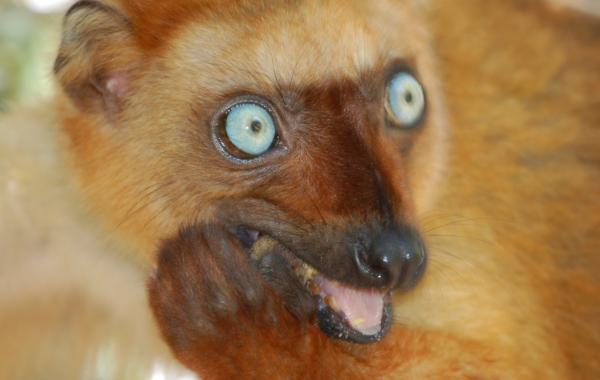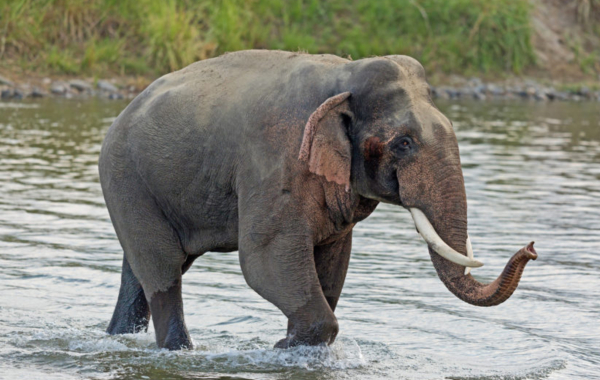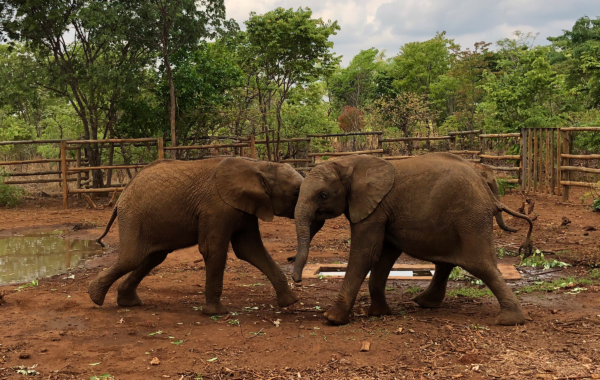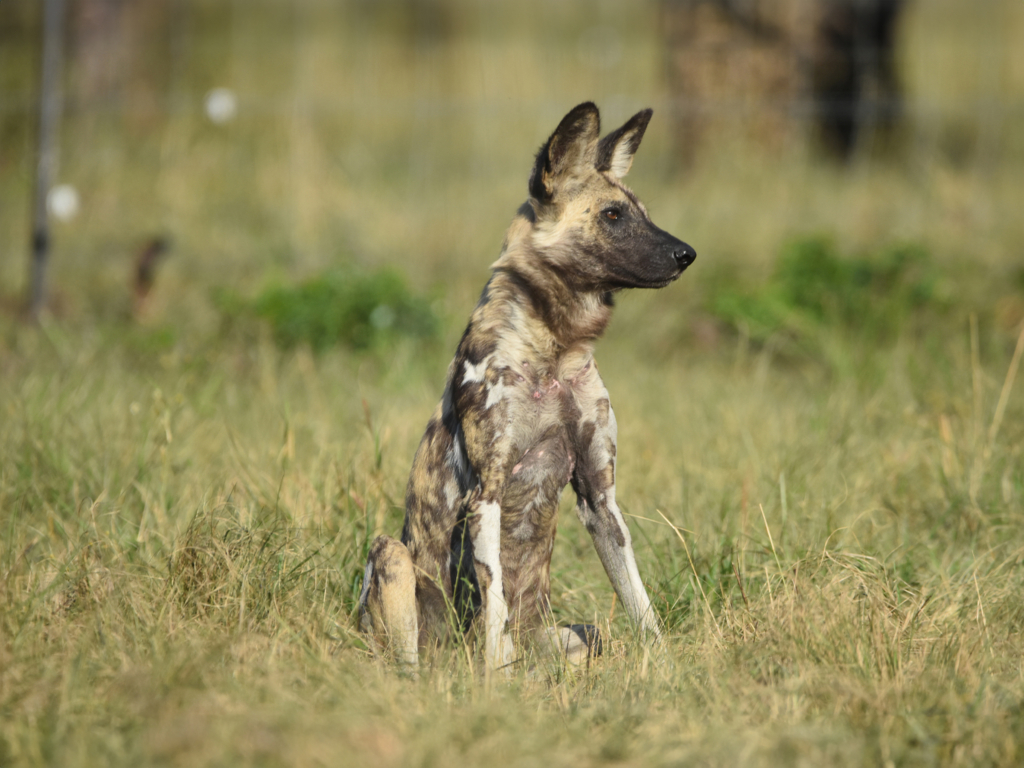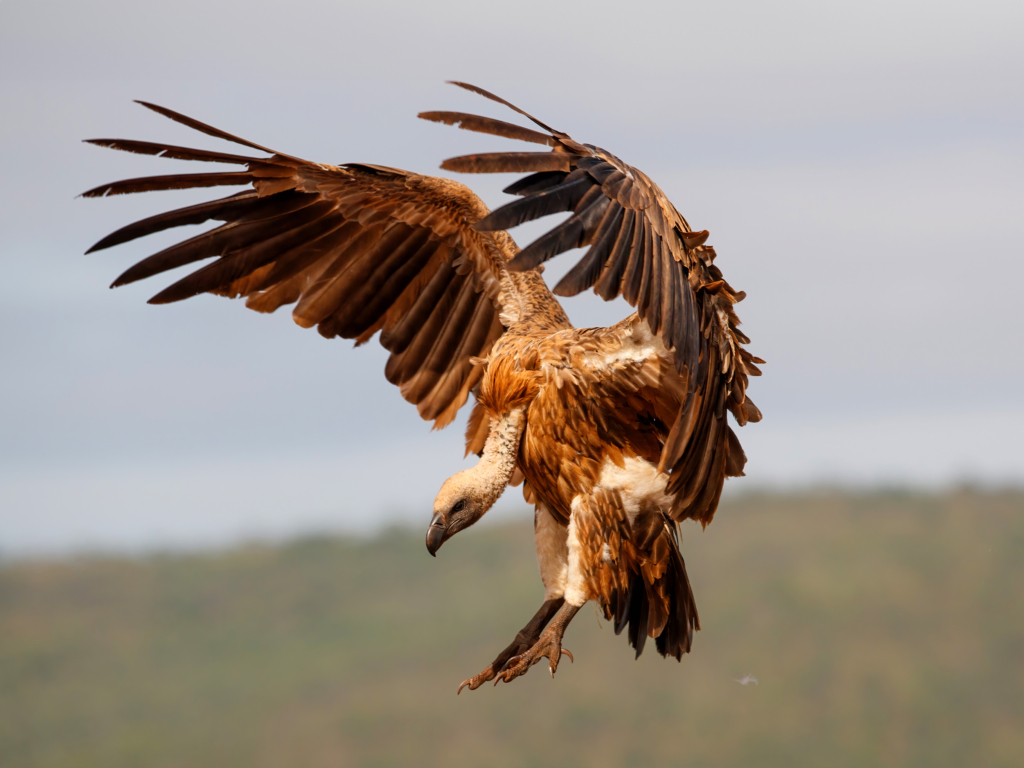
Supporting since 2015
Location
South Africa
Support started
2015
Species
African vulture species
Mission
VulPro is a multi-faceted organisation which deals with every aspect of vulture conservation, aiming to advance knowledge, awareness and innovation in the conservation of African vulture populations. Activities include rescuing and rehabilitating injured and poisoned vultures, restoring and monitoring colonies, community outreach and education and research initiatives.
Donations:
Help towards vulture monitoring expenses covering researcher costs to monitor breeding sites of the critically endangered tree nesting African white-backed vulture.
2024 – 2025:
£4,994.22 donated this year.
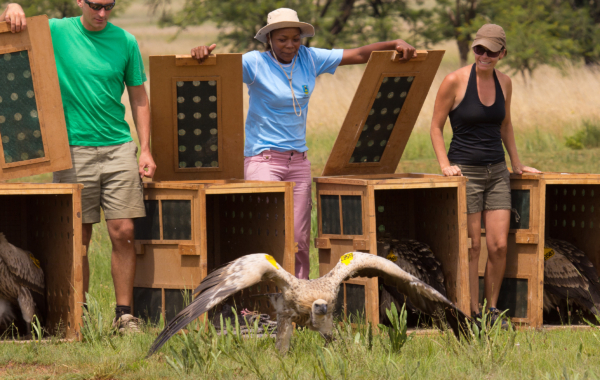
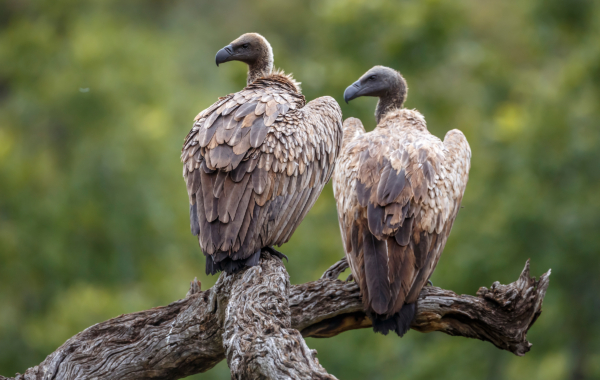
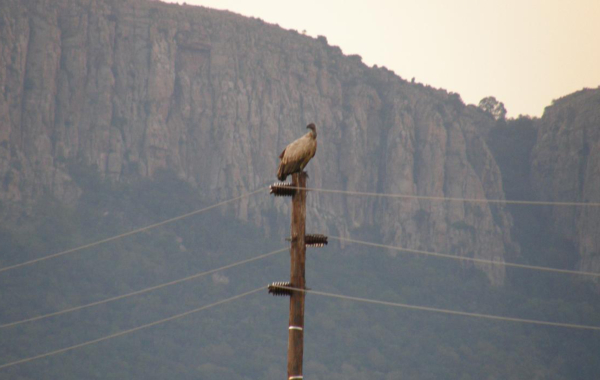
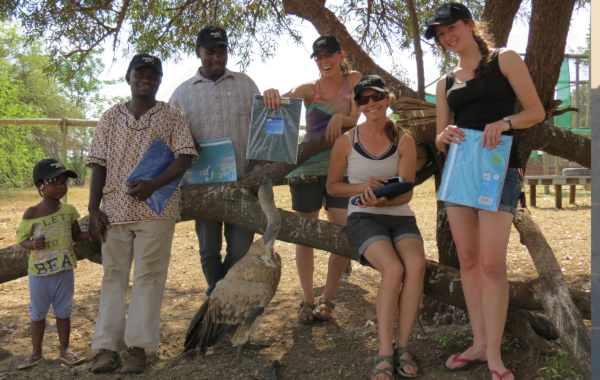
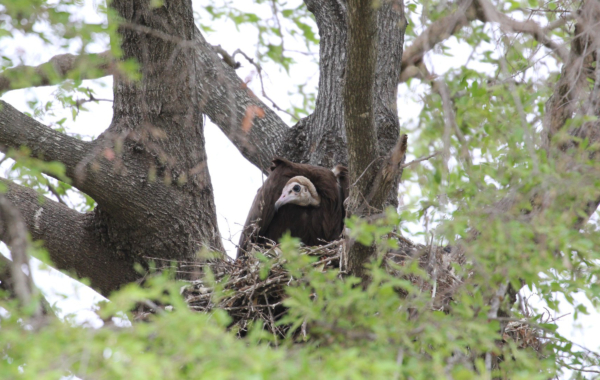
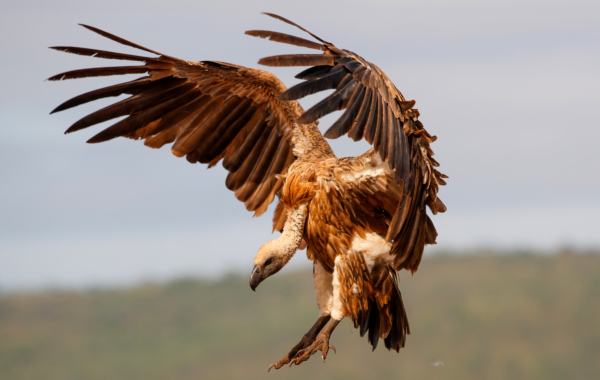
Background
African vultures have experienced a staggering drop of over 80% in their populations over the last 30 years! This alarming decline is attributed to a multitude of threats that they face on a daily basis, including power line electrocutions and collisions, instances of poisoning, habitat degradation, and the impacts of climate change.
VulPro, a conservation organisation in South Africa, is committed to protecting these important species and is the only organisation in Africa focused solely on vulture conservation. It is critical for conservationists to keep a close eye on population numbers to determine any population changes. One important way that VulPro achieves this is through breeding monitoring to help understand which sites to protect throughout South Africa. VulPro monitors sites through two surveys; one at the beginning of the season, and one at the end.
Data gathered during surveys enhances understanding of in-situ breeding success and the underlying factors influencing it. Research provides critical insights into demographic patterns of the species, the impact of environmental variables such as climate, and the identification of sites warranting protection for the long-term survival of the species. The research also strengthens VulPro’s ability to mitigate any immediate threats to these breeding birds at the various sites.
Achievements and Objectives
Recently, drones have been used to improve the surveys, enabling the team to access nests that would have been inaccessible previously. Drone research has shown an increase in active nests in one area and the drone helped in the rescue of a young chick. Unfortunately, its parent passed away; a chick without the care of both parents will be unable to care for itself and will ultimately die without intervention. Luckily, the team intervened quickly, removing the chick from the nest and taking it into care for eventual release back into the wild during the release of the captive bred fledglings.
Annually, the team continue to monitor the wild populations and contribute to understanding the effects that rising global temperatures, and the associated climatic variables, may have on African white-backed vulture populations across South Africa. By understanding the factors influencing nest-site selection, they can inform conservation strategies, such as the protection of suitable habitat, that will help provide this species a better chance of survival under future conditions.

